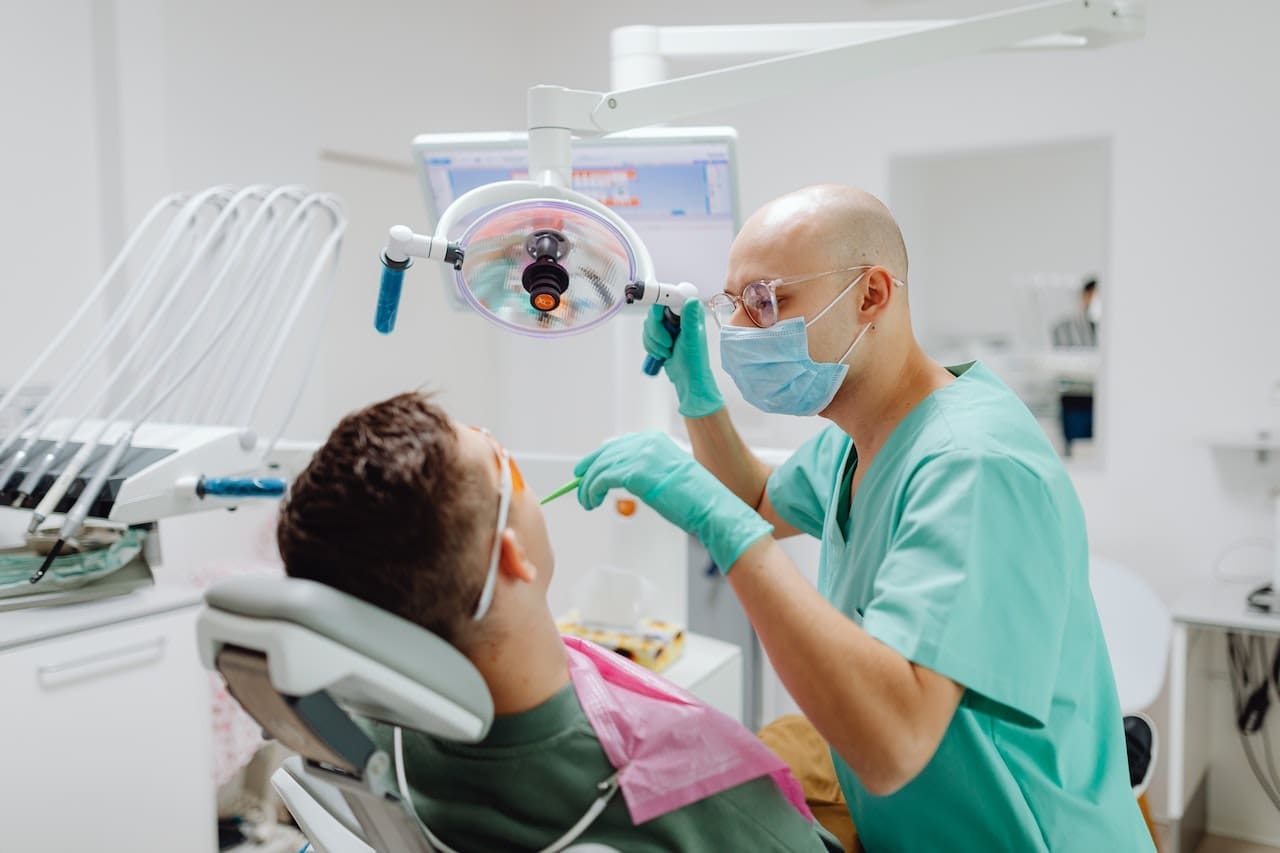Dental crowns are a versatile solution for protecting, strengthening, and restoring the aesthetics of damaged teeth. These custom-made restorations are designed to cover the entire visible portion of a tooth, offering both durability and a natural appearance. At Care Dental Implants & Invisalign Center in Quincy, MA, Dr. Beniwal and his team utilize advanced dental crown technology and materials to ensure that patients receive exceptional results tailored to their unique needs and preferences.
In this insightful guide, we will examine the various types of dental crowns, including porcelain, porcelain-fused-to-metal, gold, and zirconia. We’ll discuss the benefits of dental crowns, highlighting scenarios in which they may be recommended as a treatment option for issues such as tooth decay, tooth fractures, or aesthetic concerns. Furthermore, we will provide an overview of the dental crown treatment process, from initial consultation and tooth preparation to crown placement and post-treatment care.
The Different Types of Dental Crowns
Dental crowns come in various materials, each with its own set of advantages. Understanding the options available can help you make an informed decision about the best type of crown for your needs:
1. Porcelain: These crowns are known for their natural appearance, as they closely resemble the color and translucency of natural teeth. Porcelain crowns are a popular choice for patients seeking a highly aesthetic restoration.
2. Porcelain-Fused-to-Metal: Combining the aesthetic qualities of porcelain with the durability of a metal substructure, this type of crown offers strength and longevity while maintaining a natural appearance.
3. Gold: Gold alloy crowns are known for their durability and biocompatibility. While they may be less cosmetically appealing than porcelain options, gold crowns are an excellent choice for back teeth, where their strength is essential, and appearance concerns are less prominent.
4. Zirconia: Zirconia crowns are strong, durable, and tooth-colored, making them an attractive option for patients seeking both aesthetics and resilience. Zirconia crowns can be used for both front and back teeth.
The Benefits of Dental Crowns
Dental crowns offer numerous advantages to patients facing a variety of dental concerns:
1. Strengthen and protect: Crowns can provide essential support to weakened or damaged teeth, preventing further deterioration and the need for extraction.
2. Restore appearance: Dental crowns can significantly improve the aesthetics of worn, discolored, or misshapen teeth, helping patients achieve a more uniform and attractive smile.
3. Improve function: Crowns can restore the function of damaged teeth, enabling patients to eat, speak, and bite with confidence.
4. Long-lasting: Dental crowns are typically long-lasting restorations, with proper care and maintenance, they can provide functional, durable, and aesthetic benefits for many years.
The Dental Crown Treatment Process
The dental crown treatment process typically involves several steps, from the initial consultation to final placement:
1. Initial Consultation: During your first visit, Dr. Beniwal will assess your dental concerns, evaluate the need for a crown, and discuss the different materials available.
2. Tooth Preparation: In preparation for the dental crown, the affected tooth will be reshaped to create space for the restoration. An impression or digital scan of your teeth will be taken for the creation of your custom crown.
3. Temporary Crown Placement: While your permanent crown is being crafted in a dental lab, you’ll receive a temporary crown to protect the prepared tooth. This temporary crown should be treated gently, and you should avoid certain foods and maintain proper oral hygiene.
4. Permanent Crown Placement: Once your permanent crown is ready, Dr. Beniwal will remove the temporary crown and carefully cement the new restoration onto your tooth. Any necessary adjustments will be made to ensure a comfortable bite and seamless appearance.
Post-Treatment Care for Maintaining Your Dental Crown
Caring for your dental crown is essential in ensuring its longevity and maintaining your oral health:
1. Brush and floss regularly: Maintain good oral hygiene by brushing your teeth twice a day and flossing daily. Taking care to clean around the edges of your crown will help prevent decay or gum disease.
2. Visit your dentist regularly: Regular dental check-ups and professional cleanings are crucial in maintaining the health of both your natural teeth and dental crowns.
3. Avoid hard or sticky foods: Dental crowns are durable, but to prevent damage or dislodgement, avoid hard or sticky foods that could potentially cause issues.
4. Address teeth grinding: If you suffer from teeth grinding or clenching, discuss this with your dentist, as chronic grinding can cause damage to dental crowns and your natural teeth. A custom-fit nightguard might be necessary.
Conclusion
Dental crowns provide a valuable solution for patients with damaged, weakened, or aesthetically compromised teeth. By understanding the different types of crowns available, their benefits, and the treatment process, you can make empowered decisions about your dental care. Trust the team at Care Dental Implants & Invisalign Center in Quincy, MA to guide you through the dental crown journey and provide the high-quality care you deserve.
To learn more about dental crowns or to schedule a consultation, contact Care Dental Implants & Invisalign Center today. Our dedicated dental professionals are ready to help you achieve a healthier, more radiant smile through expert care and personalized solutions.


